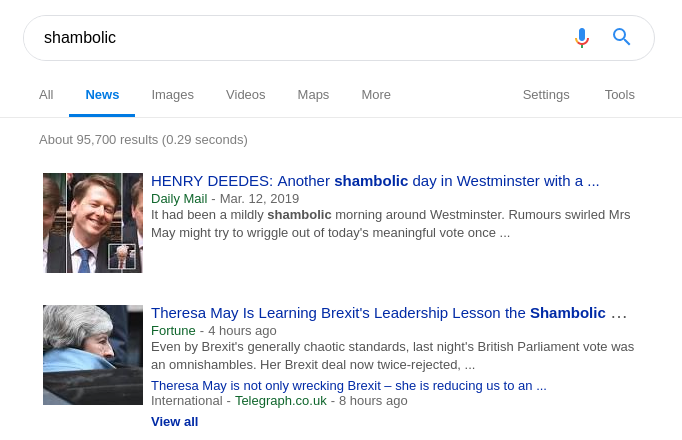
Apr 6, 2019 in Model, Politics, Quick Fix
Richard Nixon would likely have gone down in history as one of America’s greatest presidents, if not for Watergate.
To my mind, his greatest successes were détente with China and the end of the convertibility of dollars into gold, but he also deserves kudos for ending the war in Vietnam, continuing the process of desegregation, establishing the EPA, and signing the anti-ballistic missile treaty.
Nixon was willing to try unconventional solutions and shake things up. He wasn’t satisfied with leaving things as they were. This is, in some sense, a violation of political norms.
When talking about political norms, it’s important to separate them into their two constituent parts.
First, there are the norms of policy. These are the standard terms of the debate. In some countries, they may look like a (semi-)durable centrist consensus. In others they may require accepting single-party rule as a given.
Second are the...
Mar 30, 2019 in Model, Politics
The fundamental problem of governance is the misalignment between means and ends. In all practically achievable government systems, the process of acquiring and maintaining power requires different skills than the exercise of power. The core criteria of any good system of government, therefore, must be selecting people by a metric that bears some resemblance to governing, or perhaps more importantly, having a metric that actively filters out people who are not suited to govern.
When the difference between means and ends becomes extreme, achieving power serves only to demonstrate unsuitability for holding it. Such systems are inevitably doomed to collapse.
Many people (I am thinking most notably of neo-reactionaries) put too much stock in the incentives or institutions of government systems. Neo-reactionaries look at the institutions of monarchies and claim they lead to stability, because monarchs have a large personal incentive to improve their kingdom and their lifetime tenure should...
Mar 27, 2019 in Politics, Quick Fix
Last week I said that I’d been avoiding writing about Brexit because it was neither my monkeys nor my circus. This week, I’ll be eating those words.
I’m a noted enthusiast of the Westminster system of government, yet this week (with Teresa May’s deal failing in parliament and parliament taking control of Brexit proceedings, to uncertain ends) seems to fly in the face of everything good I’ve said about it. That impression is false; the current impasse has been caused entirely by recent ill-conceived British tinkering, not any core problems with the system itself.
As far as I can tell, the current shambles arise from three departures from the core of the Westminster system.
First, we have parliament taking control of the business of parliament in order to hold a set of indicative votes. I don’t have the sort of deep knowledge of British history that is necessary...
Mar 23, 2019 in Model, Politics, Quick Fix

Brexit was always destined to be a shambles.
I haven’t written much about Brexit. It’s always been a bit of a case of “not my monkeys, not my circus”. And we’ve had plenty of circuses on this side of the Atlantic for me to write about.
That said, I do think Brexit is useful for illustrating the pitfalls of this sort of referendum, something I’ve taken to calling “The 50% Problem”.